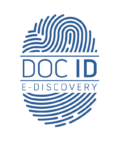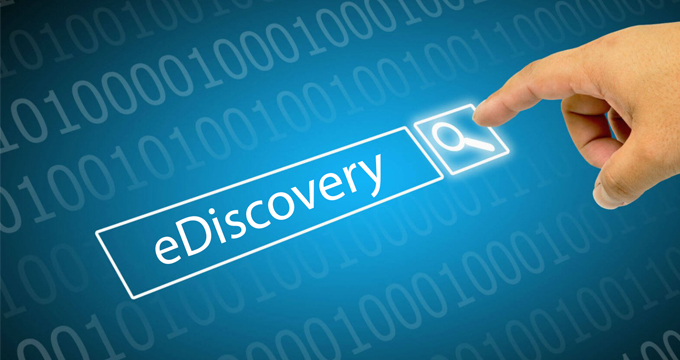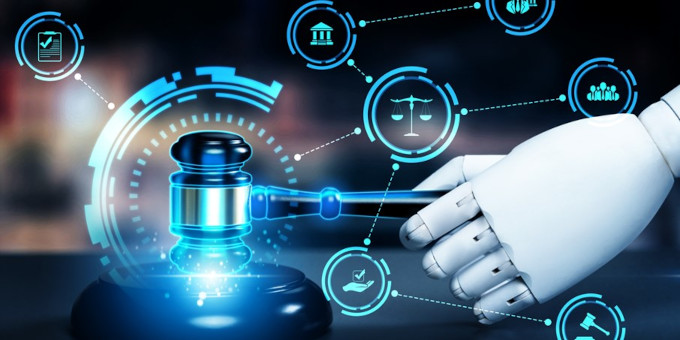Exploring the Future of eDiscovery: The Transformation of the Legal Landscape through Software and Services
The future of eDiscovery is a topic of great interest in the legal world, as software and services continue to transform the landscape of legal proceedings. eDiscovery, or electronic discovery, refers to the process in which electronic data is sought, located, secured, and searched with the intent of using it as evidence in a civil or criminal legal case. As we delve into the future of eDiscovery, it’s clear that the advent of software and services is revolutionizing this crucial aspect of the legal process.
The digital age has brought about an exponential increase in the volume of electronic data, making the process of eDiscovery more complex than ever before. Traditional methods of data collection and analysis are no longer sufficient, necessitating the development of advanced software and services to manage the eDiscovery process. These technological advancements are not only streamlining the process but also enhancing the accuracy and efficiency of data retrieval and analysis.
One of the most significant developments in the field of eDiscovery is the use of artificial intelligence (AI). AI-powered eDiscovery software can sift through vast amounts of data at a speed that would be impossible for a human to match. More importantly, AI can identify patterns and connections within the data that may not be apparent to the human eye. This capability is particularly valuable in complex legal cases where the relevance of a piece of evidence may not be immediately obvious.
In addition to AI, cloud-based eDiscovery services are also transforming the legal landscape. These services offer a scalable solution for storing and managing large volumes of data. They also provide a platform for collaboration, allowing legal teams to work together on the eDiscovery process from different locations. This is particularly beneficial in the current climate, where remote working has become the norm due to the COVID-19 pandemic.
Moreover, the use of software and services in eDiscovery is not only improving the process but also reducing the costs associated with it. Traditional eDiscovery methods can be labor-intensive and time-consuming, leading to high costs. However, with the automation provided by software and the scalability offered by cloud-based services, these costs can be significantly reduced.
However, the transformation of the legal landscape through software and services is not without its challenges. Concerns about data security and privacy are paramount, especially given the sensitive nature of the information involved in legal cases. Therefore, it’s crucial for eDiscovery software and service providers to prioritize data protection and comply with all relevant regulations.
In conclusion, the future of eDiscovery lies in the continued development and refinement of software and services. As these technologies evolve, they will undoubtedly bring about further changes in the legal landscape, making the eDiscovery process more efficient, accurate, and cost-effective. However, it’s essential to navigate these changes with a keen awareness of the potential risks and challenges, particularly in relation to data security and privacy. As we move forward into this exciting future, the legal profession must be ready to embrace these technological advancements while also ensuring the integrity and confidentiality of the eDiscovery process.








Leave A Comment